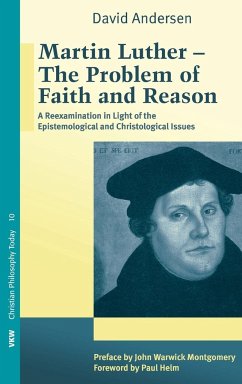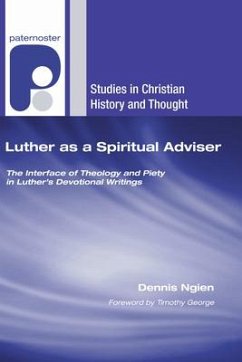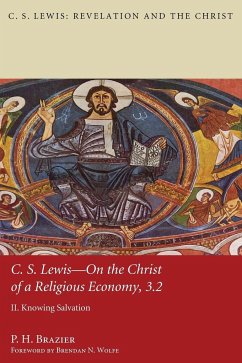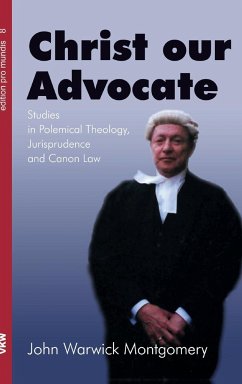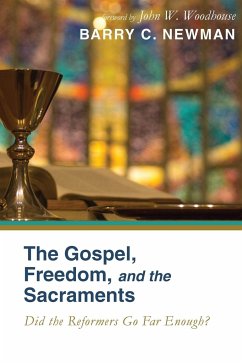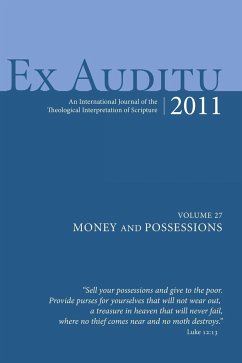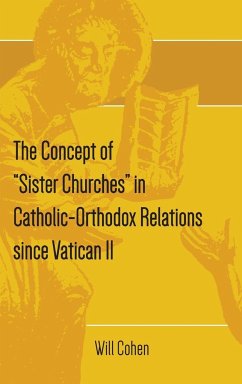Description: Luther's critics have consistently charged him as an irrationalist and pessimist concerning reason's capabilities, and even by his followers as a fideist who sees little or no relationship between faith and reason. In this book, David Andersen offers a fresh and timely re-evaluation of Luther and his understanding of the relationship between faith and reason based upon a thorough engagement with Luther's mature writings. Dr. Andersen persuasively argues that, far from being either an irrationalist or a fideist, Luther stands within an empiricist tradition and that his pronouncements on fallen human reason can be understood only from that philosophical perspective. Based upon recent research into the writings of William of Ockham, who positively influenced Luther in this area, Dr. Andersen also shows that Luther can no longer be charged as a pessimist concerning human knowledge. Reason has an important role to play for Luther in bringing one to faith, and the objectivity of Christ's resurrection serves as that focal point that validates all Christian discourse. In subordinating itself to the facts of the death and resurrection of Christ for the forgiveness of sins, reason's created function is restored to some extent as it receives that forgiveness in the words of Holy Scripture and the visible means of Baptism and the Lord's Supper. Endorsements: ""Luther has long been regarded, both by secular philosophers and by misguided believers, as an irrationalist....A careful reading of Dr. Andersen's book will surely give the lie to all existentialisings of the Reformer. It will also demonstrate that Luther cannot be classified as one who would today replace insistence on clear thinking with post-modern refusals to allow, even in principle, the establishing of objective truth."" --John Warwick Montgomery ""The result of this many-sided approach to the Reformer is a refreshingly positive re-evaluation of Luther's estimate of reason and of the often-reproduced portrait of Luther as fideistic and pessimistic. This new orientation also succeeds in revealing the complexity of Luther's thought, its nuances as well as its tensions, and the fact that he thinks of reason and faith on various levels. Reason is majestic, but it is to be subordinate to the will of God. It is majestic, but it is also fragmented and distorted by the Fall."" --Paul Helm About the Contributor(s): David Andersen holds a Ph.D. in theology from Wycliffe Hall, Oxford/Coventry University and has taught at several American universities. He lives in Salt Lake City, Utah.
Hinweis: Dieser Artikel kann nur an eine deutsche Lieferadresse ausgeliefert werden.
Hinweis: Dieser Artikel kann nur an eine deutsche Lieferadresse ausgeliefert werden.

